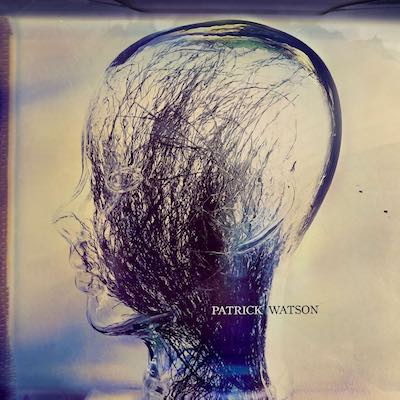
by Phil Scarisbrick
The single, Melody Noir, which was released in the summer of 2018 prompted huge excitement for a new Patrick Watson record. The blend of acoustic strums and Watson’s trademark falsetto vocal built a track that lived up to its name – it brimmed with wonderful melodies, but carried an edge of darkness. Little did we realise that we’d have to wait a full fifteen months before we’d get to hear the album on which it features. That album, Wave, is the sixth of Watson’s career and is informed by the tough four years Watson faced in the lead up to its release. In this period, he lost his mother, a friend to suicide and went through a divorce. Rather than the music here reflecting on these events in a way that simply documents their effect on him, he harnesses the grief and uses it to focus on the present with warmth and maturity. Set against sweeping soundscapes, that only add to the emotional engagement the listener feels, the connection is immediate and profound.
The opening of Dream of Dreaming feels like it could kick into an alternative take on Radiohead’s Creep, with spacious piano chords set against an electronic beat, but the song instead moves around the notion of real life not living up that of the world we create in our dreams. The shimmering strings add drama to Watson’s lament, before melting away into an intro for The Wave. Building around a finger-picked guitar, the song oozes class before exploding with strings, reverb-heavy electric guitar and racing drums for an immediate album highlight. The wave in question is the tsunami of emotion that hits a person faced with such profoundly life-changing events like those faced by Watson, and the music is densely populated with sounds that add to this feeling. Strange Rain completes an opening trio that is as strong as any we’ve heard this year, with its laid back groove backing a classy vocal forming a track that evokes Watson’s fellow Canadian, Nicholas Krgovich’s Ouch.
Closing out the first side is Broken – an emotional sucker punch of a song that would feel at home on Bon Iver’s self-titled sophomore record. Starting out as a simple piano and vocal number, before the layering of voices and synth sounds help the song build, it explodes into life as more and more synth layers arrive around an increasingly exacerbated Watson singing a repeated refrain of, “Do you feel a little Broken?” Drive is another acoustic based track that muses on the idea of wanting to get lost, break out from the familiar and start something new. The haunting atmosphere makes this desire feel a little ominous, but the resilience in the vocal juxtaposes this with a resoluteness. Album closer, Here Comes The River, is another slice of piano-based beauty, with its image-heavy words ending a wonderful record.
Make no bones about it: this is Watson’s magnum opus. What he has achieved here is a record that emotionally connects with its audience, but feels like it was made purely to exorcise his own demons. Even if nobody ever heard it, you get the impression that it simply being made would be enough for Watson. That he has allowed us a glimpse into his own tragedies, and to share in his own hope is a real privilege. As we near the end of a decade littered with wonderfully tragic indie records, this stands up amongst them, just creeping in before one last rendition of Auld Lang Syne rings out.
Secret Meeting score: 90





